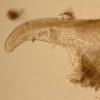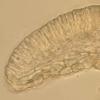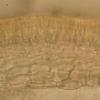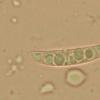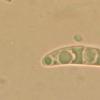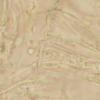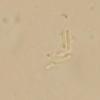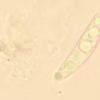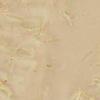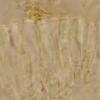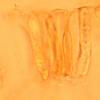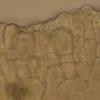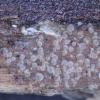
03-03-2026 20:34
 Miguel Ángel Ribes
Miguel Ángel Ribes
Good eveningThese small, amphora-shaped perithecia

01-03-2026 18:02
 Francois Guay
Francois Guay
I found this mystery Helotiales on an incubated le

28-02-2026 14:43
A new refrence desired :Svanidze, T.V. (1984) Novy

01-03-2026 18:46
 Robin Isaksson
Robin Isaksson
Hi! This species i se from time to time in the

27-02-2026 17:51
 Michel Hairaud
Michel Hairaud
Bonjour, Quelqu'un peut il me donner un conseil p

27-02-2026 16:17
 Mathias Hass
Mathias Hass
Hi, Found this on Betula, rather fresh fallen twi

01-03-2026 14:10
 Antonio Couceiro
Antonio Couceiro
Hola, me gustaria conocer opiniones sobre este tem
Hyalorbilia on Tilia
Zuzana Sochorová (Egertová),
26-07-2021 22:17
 Hello,
Hello, this Hyalorbilia is from the Czech Republic, collected on a wet decaying twig of Tilis (ca 8 cm thick), in a castle park, 400 m a.s.l.
Asci 18 - 25 × 3.2 - 4.1 µm, 8-spored, base unstalked, unbranched.
Pars sporifera 8.3-10.6 µm.
Ascospores (4.2) 4.9 - 5.7 (5.8) × (0.7) 0.8 - 1 (1.1) µm, straight, with 1 SB near each pole.
Q = 4.4-7.6, Me = 5.2 × 0.9 µm; Qe = 6
Conidia 22 - 27 × 4.9-5.1 µm, unbranched, septate.
Using the key to Hyalorbilia in the monograph, I am coming somewhere around H. japonica (distribution not fitting), H. oreadum and H. herbicola (substrate not fitting + a bit deviating width of spores). So, could this be H. oreadum?
Thanks, Zuzana
Hans-Otto Baral,
26-07-2021 22:33

Re : Hyalorbilia on Tilia
My first idea would have been H. inflatula with wide marginal cells. But spores are a bit short. H. oreadum is not very clear because of too few collections.
H. inflatula is not clear as to how many species are hidden behind it.
When you go to Plate 77 fig. 9 you can see a spore size just as in yours.
Zuzana Sochorová (Egertová),
26-07-2021 22:54

Re : Hyalorbilia on Tilia
Thanks a lot, Zotto. Yes, the elements are a bit shorter than should be typical for inflatula.
